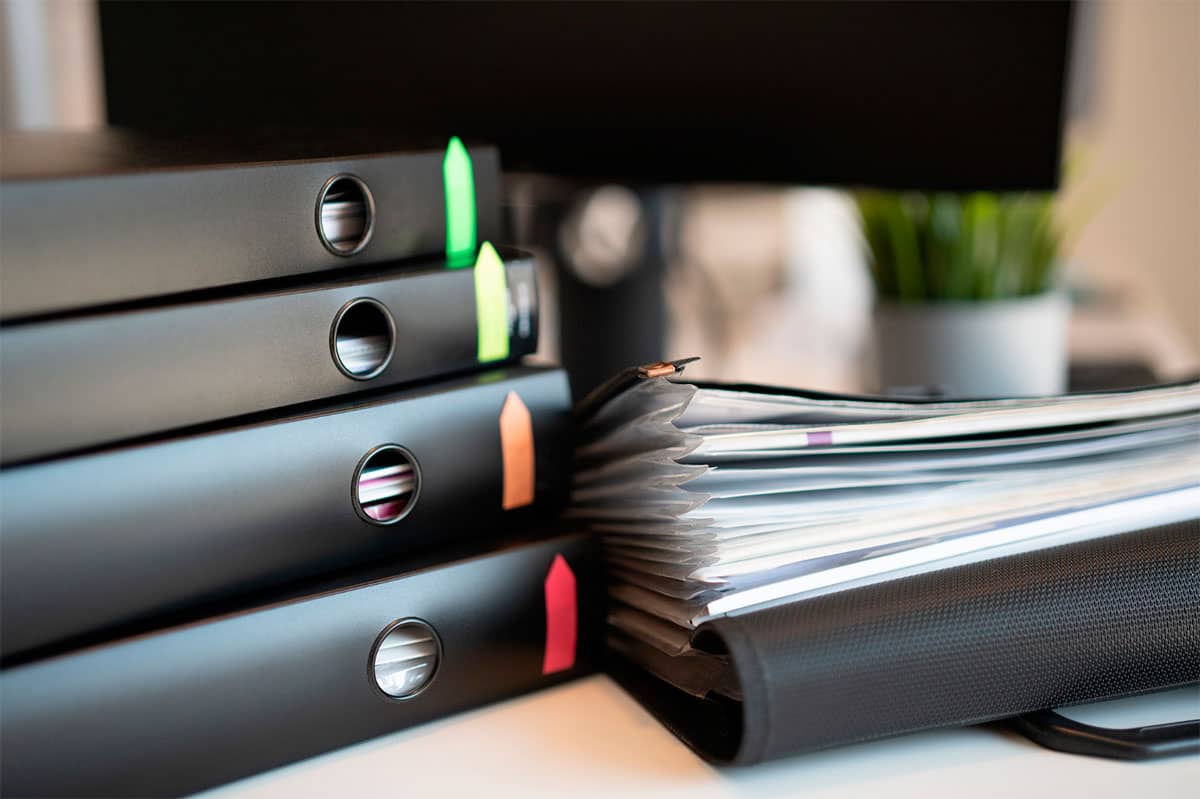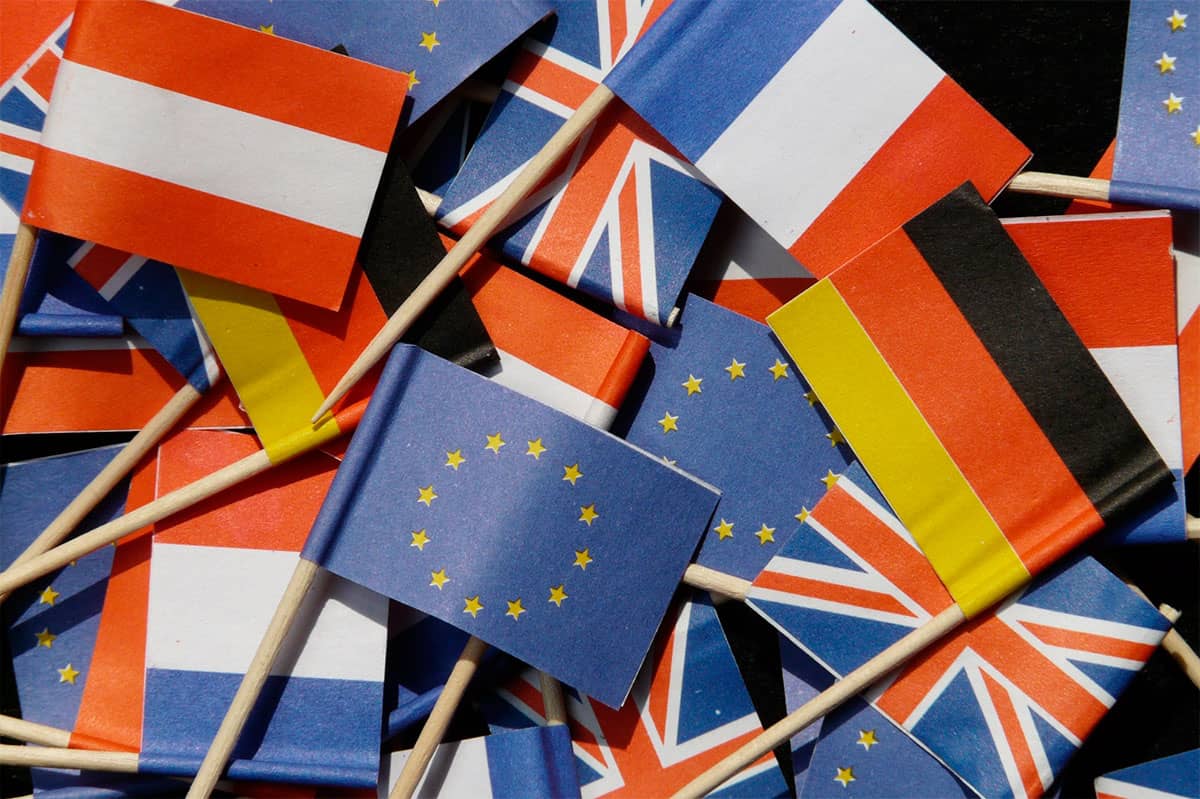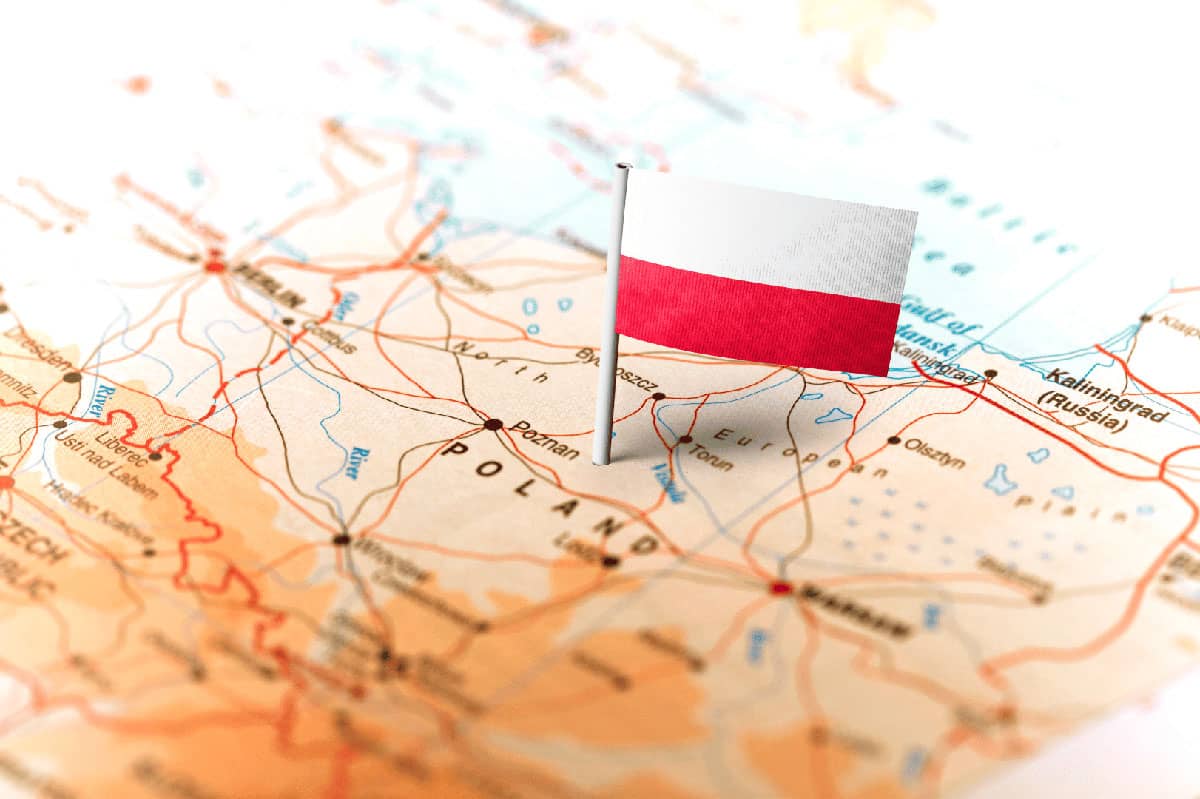New Nostrification Rules for Studying in Poland
Planning to study in Poland? If your high school diploma or university degree was issued outside the EU, you likely need nostrification.
As of July 1, 2025, the rules have changed fundamentally. The paper bureaucracy is gone — welcome to the fully digital SYRENA system. In this guide, we explain how to use the new system, how much it costs, and how to track your application status online.
What is Nostrification & NAWA Kwalifikator?
Nostrification is the official recognition of a foreign diploma by the Polish state. Without it, you cannot enroll in a university or work in regulated professions (like medicine or law).
Do you actually need it? Check first! Before paying any fees, use the NAWA Kwalifikator tool.
- Automatic Recognition: Diplomas from the EU, OECD, EFTA, and countries with bilateral agreements (e.g., Ukraine, China for certain degrees) may be recognized automatically.
- Mandatory Nostrification: If your country is not on the list, you must go through the procedure.
AcademGo Tip: Always ask your university admissions office first. Some private universities have simplified procedures for internal admission.

The New SYRENA System: Online Nostrification Process
Gone are the days of mailing paper documents to the Kuratorium Oświaty. The new regulations introduced the SYRENA System — a centralized digital platform managed by NAWA (Polish National Agency for Academic Exchange).
Key Changes:
- Fully Online: Application, document upload, and decision receipt happen within the system.
- No "Geographic" Binding: You don't need to apply to the specific Kuratorium where you live. The system handles it centrally.
- Digital Certificate: The final decision (Decyzja) is an electronic document with a qualified e-signature.
Step-by-Step Guide: How to Apply & Check Status Online
Here is your instruction on how to navigate the new system.
Step 1. Create an Account
Register on the NAWA SYRENA website. You will need an email address to create a secure login.
Step 2. Prepare Digital Documents
You no longer send originals by post. You must upload high-quality scans:
- Original diploma/certificate.
- Supplement with grades (Transcripts).
- Sworn translation into Polish (a sworn translation is required if the document is not in English, German, Spanish, Italian, Russian, Ukrainian, or Belarusian)
- Apostille (if required for your country).
Step 3. Submit and Pay
Fill out the form and pay the official fee via the integrated payment gateway.
Step 4. NAWA Syrena Status Check
This is the most frequent question - How to track your application?
1️⃣ Log in to your SYRENA account.
2️⃣ Go to the "My Applications" tab.
3️⃣ The status will update in real-time: Draft -> Submitted -> In Progress -> Decision Ready.
4️⃣ Check your email regularly! If NAWA finds a mistake, you have 14 days to correct it. Missing this deadline means your application will be rejected.
How long does it take?
Standard time is usually 30 to 60 days from the moment of submission. Since the process is free, the number of applications is high. We recommend applying at least 2 months before the university deadline.
Don't Let a Small Mistake Ruin Your Admission
The new SYRENA system is automated and unforgiving. A shadow on a scan, a missing translation stamp, or the wrong file format can lead to immediate rejection. With the new 2025 rules, you don't have time for a second try — universities require the decision now.
AcademGo guarantees a smooth process:
- Document Audit: We check your Apostilles and Sworn Translations before uploading.
- SYRENA Management: We create the account, upload files correctly, and monitor the status 24/7.
- Problem Solving: If NAWA requests corrections, we react instantly within the 14-day deadline.
Sign up for a free consultation today!
Frequently Asked Questions








